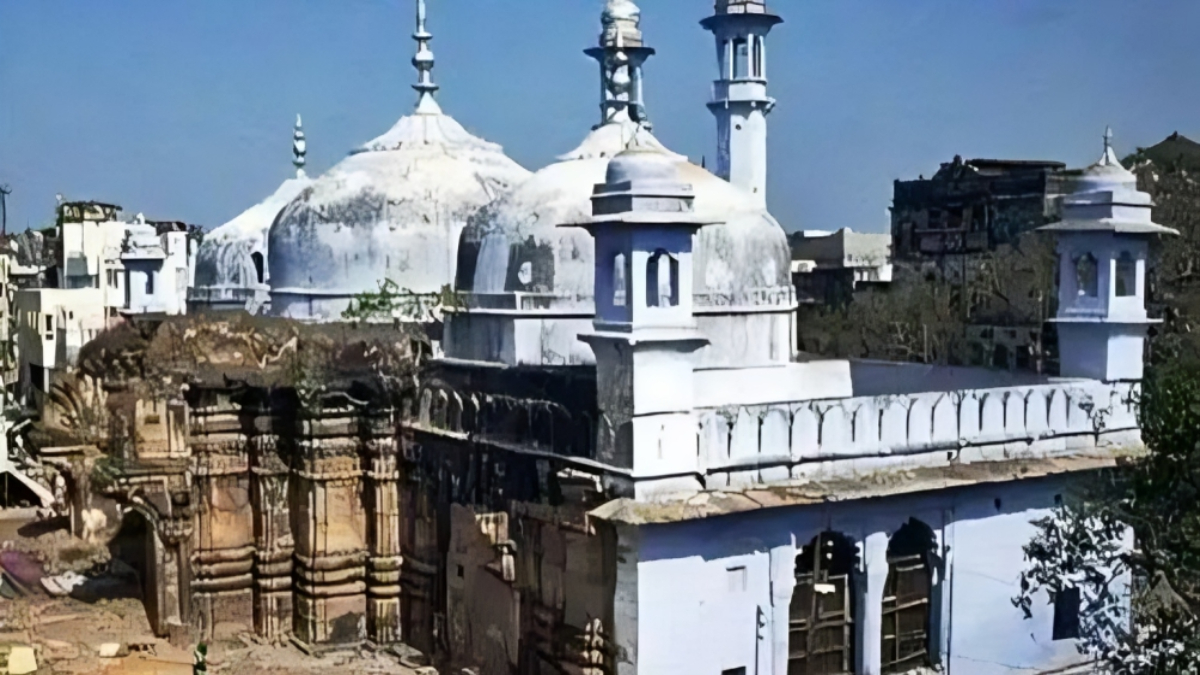After receiving a comprehensive survey report, a senior lawyer representing the Hindu side stated that the Archaeological Survey of India (ASI) report has uncovered evidence suggesting the presence of a significant Hindu temple at the location of the Gyanvapi mosque in Varanasi, Uttar Pradesh.
Advocate Vishnu Shankar Jain, who is representing the Hindu side, announced during a press conference that a recent report by the Archaeological Survey of India (ASI) has indicated the existence of a substantial Hindu temple structure within the Gyanvapi mosque complex in Varanasi, Uttar Pradesh. Jain further highlighted that the ASI survey suggests that this temple predates the current structure. The ASI report, which involved a Ground Penetrating Radar (GPR) survey, raises inquiries about the historical layers present at the site. Jain also mentioned that the current structure appears to have been constructed on top of a pre-existing structure.
According to the ASI findings, the mosque underwent modifications where pillars and plaster were reused with minor changes. Some pillars from the Hindu temple were also altered slightly to fit into the new structure. Jain, referring to the ASI report, mentioned that efforts were made to erase the carvings on these pillars.
Jain further claimed that the report uncovered inscriptions belonging to the ancient Hindu temple, written in Devanagari, Telugu, Kannada, and other scripts.
During the survey, the ASI identified numerous inscriptions on both the existing and preexisting structure. A total of 34 inscriptions were documented, and 32 stamped pages were collected, as stated in the report read by Jain.
These inscriptions, as Jain explained, are actually from the stone of a pre-existing Hindu temple that were reused during the construction and repair of the current structure. This indicates that the earlier structures were destroyed, and their components were repurposed in the construction and repair process. Notably, the inscriptions mention the names of three deities: Janardana, Rudra, and Umeshwara, added the senior advocate.
The disclosure emerges one day following a verdict by a Varanasi court, which stated that the ASI survey report regarding the Gyanvapi mosque complex adjacent to the Kashi Vishwanath temple should be provided to both the Hindu and Muslim parties.
In the previous year, the ASI conducted a scientific survey of the Gyanvapi premises with the aim of ascertaining whether the mosque was built upon the remains of a Hindu temple.
The court had instructed the ASI to carry out the survey in response to the claims made by the Hindu petitioners, who contended that the 17th-century mosque was constructed on top of an existing temple structure.

